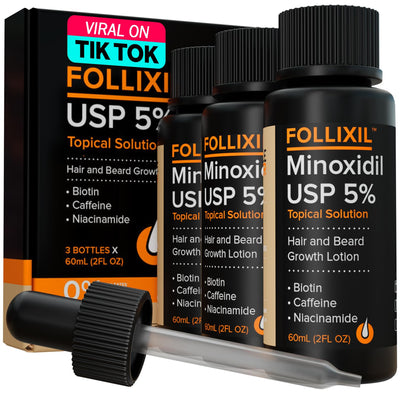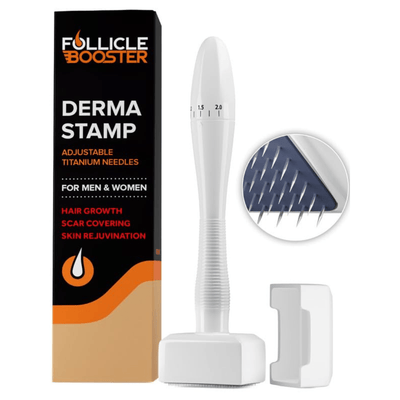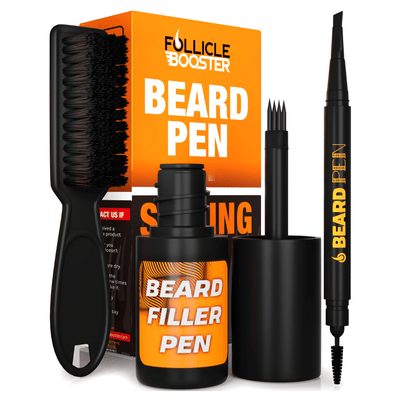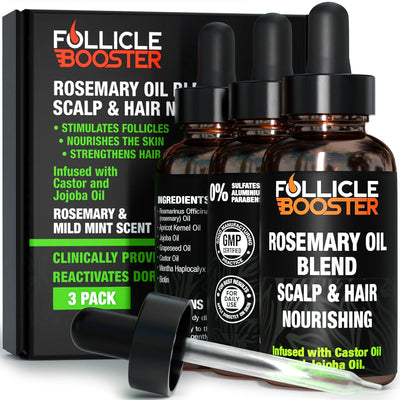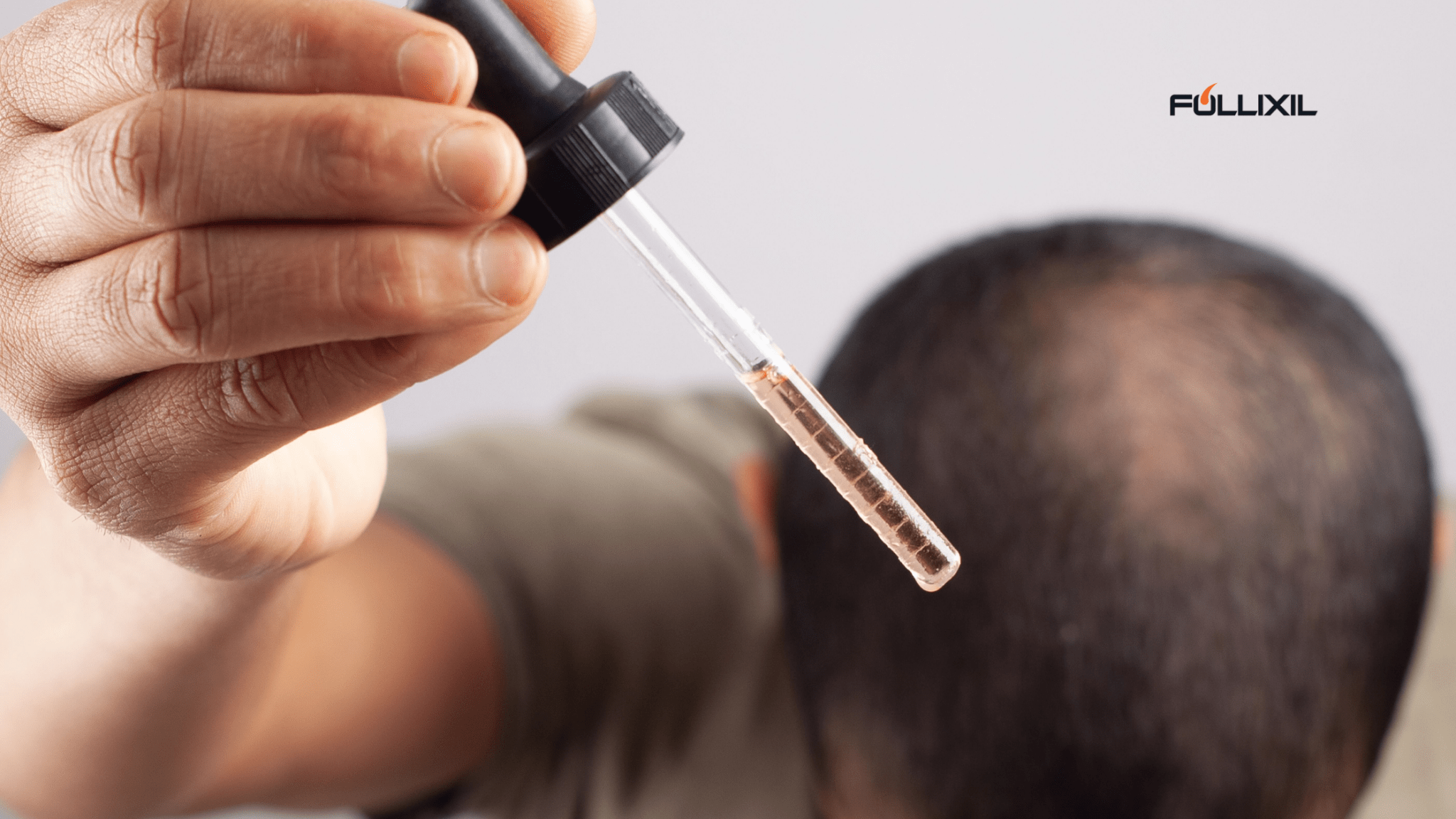Minoxidil, a popular treatment for hair loss, is often hailed as a miracle solution for many. Originally developed to treat high blood pressure, it was discovered that it had an interesting side effect—promoting hair growth. This revelation led to the development of topical minoxidil, commonly used to treat male and female pattern baldness. Despite its success, not everyone reacts to minoxidil the same way. Some individuals experience sensitivity or adverse effects, ranging from mild irritation to more severe concerns. If you've been using minoxidil and noticed discomfort or unusual symptoms, you might be sensitive to the treatment. Here are five reasons why some people experience sensitivity to minoxidil.
Allergic Reaction to Ingredients
One of the most common reasons people experience sensitivity to minoxidil is an allergic reaction to one of its ingredients, particularly propylene glycol. Propylene glycol is a key component in minoxidil solutions that helps the medication penetrate the scalp and reach the hair follicles. However, it can cause contact dermatitis in some individuals, leading to redness, itching, and scalp irritation. If you notice these symptoms after applying minoxidil, it could be an allergic reaction rather than the minoxidil itself. Switching to a minoxidil foam, which doesn't contain propylene glycol, may help reduce irritation. It is important to note to make sure the formula in the lotion contains gentle ingredients as well.
Scalp Sensitivity or Pre-existing Skin Conditions
Individuals with pre-existing scalp conditions, such as eczema, psoriasis, or seborrheic dermatitis, may find minoxidil exacerbates these issues. Minoxidil can cause dryness, flakiness, and irritation, worsening symptoms for sensitive or compromised skin. Applying a new topical medication to an already irritated scalp can result in heightened sensitivity. If you have a history of scalp problems, it's essential to consult a dermatologist before starting minoxidil to ensure it won't aggravate your condition. They may recommend alternative treatments or adjust the dosage.
Excessive Dosing or Over-Application
Using too much minoxidil or applying it too frequently can increase sensitivity. Some believe applying more minoxidil than recommended will speed up results, but this is a misconception. Overuse can overwhelm the scalp, causing dryness, irritation, and systemic effects like dizziness or swelling. Minoxidil is designed to be used in precise amounts—typically 1 milliliter (ml) twice daily for the 5% solution or foam. Following the correct dosage is crucial to avoiding sensitivity or side effects. If you experience irritation, try reducing the amount or frequency of application and see if the symptoms subside.
Systemic Absorption
Although minoxidil is intended for topical use, a small amount can be absorbed into the bloodstream. In rare cases, this can lead to systemic side effects such as headaches, dizziness, rapid heartbeat, or swelling in the hands or feet. This is more likely to happen if you use excessive amounts of minoxidil or apply it to broken or damaged skin, which can increase absorption. If you're experiencing symptoms that seem unrelated to the scalp, it could be a sign that your body is absorbing more minoxidil than intended, and you should consult a doctor immediately.
Irritation from Alcohol Content
Minoxidil solutions, especially in liquid form, contain alcohol to help the medication dry quickly and absorb into the scalp. For some users, this alcohol content can cause significant scalp dryness, flaking, and irritation. The alcohol can strip the scalp of its natural oils, leaving it vulnerable to dryness and discomfort. If this is the case, switching to the foam version of minoxidil, which typically has a lower alcohol content, may help alleviate some irritation while still allowing you to benefit from the treatment.
Sensitivity to minoxidil is not uncommon, and the severity can vary depending on the individual and the form of the product. If you're experiencing scalp irritation, dryness, or more severe side effects, it's essential to consult a healthcare provider. They can help determine whether minoxidil suits you or if a different hair loss treatment might be more suitable. Remember, following the recommended dosage and application instructions is crucial for minimizing the risk of side effects and maximizing the benefits of the treatment.
